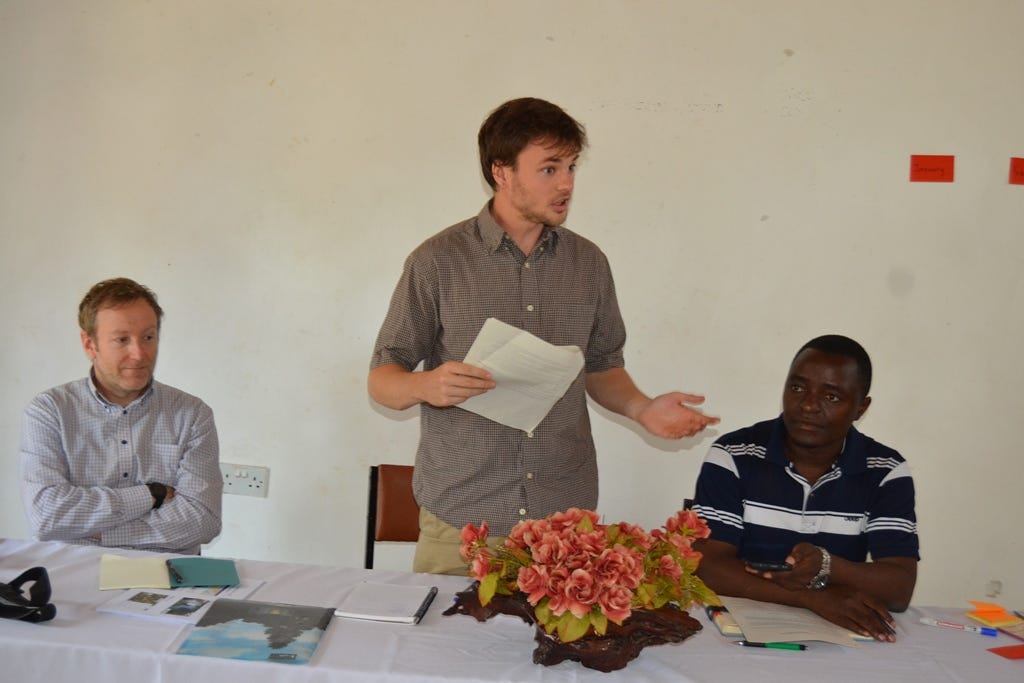Malawi’s smallholder farmers to benefit from int’l research project
The researchers hope to learn how climate change affects agricultural production and productivity among smallholder farmers in the targeted countries.

Malawi: Smallholder farmers in Malawi stand to benefit from a project being implemented in Malawi and other African and European countries by weather and climate change researchers from France, Italy, Poland, Kenya, and Tanzania, writes Watipaso Mzungu.
The study is part of an African-European collaboration with the Department of Climate Change and Meteorological Services, the National Smallholder Farmers' Association of Malawi (NASFAM), and other European research institutions such as TMA and TARI.
The researchers hope to learn how climate change affects agricultural production and productivity among smallholder farmers in the targeted countries.
On Tuesday, a five-person research team visited and interacted with selected farmers in Zomba to gain firsthand knowledge of how climate change has impacted the agriculture sector.
Sam Whittlesey, speaking on behalf of the researchers, stated that the ultimate goal of the study is to create climate predictions that farmers can use.
"Our discussions with farmers are primarily intended to learn more about their agricultural practises, farming knowledge, and experience. This will allow us to improve the weather and climate information they receive in the future," said Whittlesey, who also works as an analyst at LGI Sustainable Innovation.
Francis Masankha, NASFAM Farm Services Coordinator, stated that the organisation has been disseminating weather information to farmers and other stakeholders in collaboration with the Department of Climate Change and Meteorological Services (DCCMS).
According to Masankha, this initiative is assisting farmers in making sound planning decisions, thereby mitigating the impact of climate change on agricultural production and productivity.
"NASFAM recognises that accurate weather information and forecasts enable farmers to make informed decisions, take advantage of favourable climate conditions, and adapt to change," he explained, adding that farmers rely on historical weather patterns for decision-making, but increasing unpredictability in weather systems has increased farmers' risk.
He stated that seasonal forecasts influence the majority of smallholder decisions.
Farmers who took part in the focus group discussion praised NASFAM for providing shorter real-time meteorological information and daily forecasts, which they said helped them determine when to sow, weed, spray, and harvest.
Dr Dragana Bojovic, another researcher, expressed the team's commitment to working with smallholder farmers in Malawi to find long-term solutions to the devastating effects of climate change in her closing remarks.


